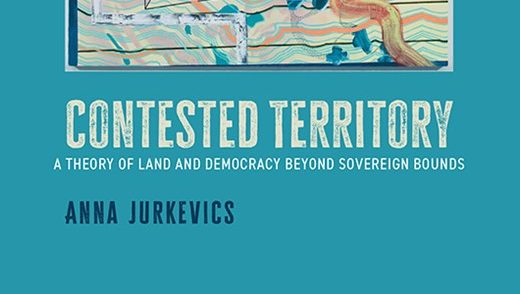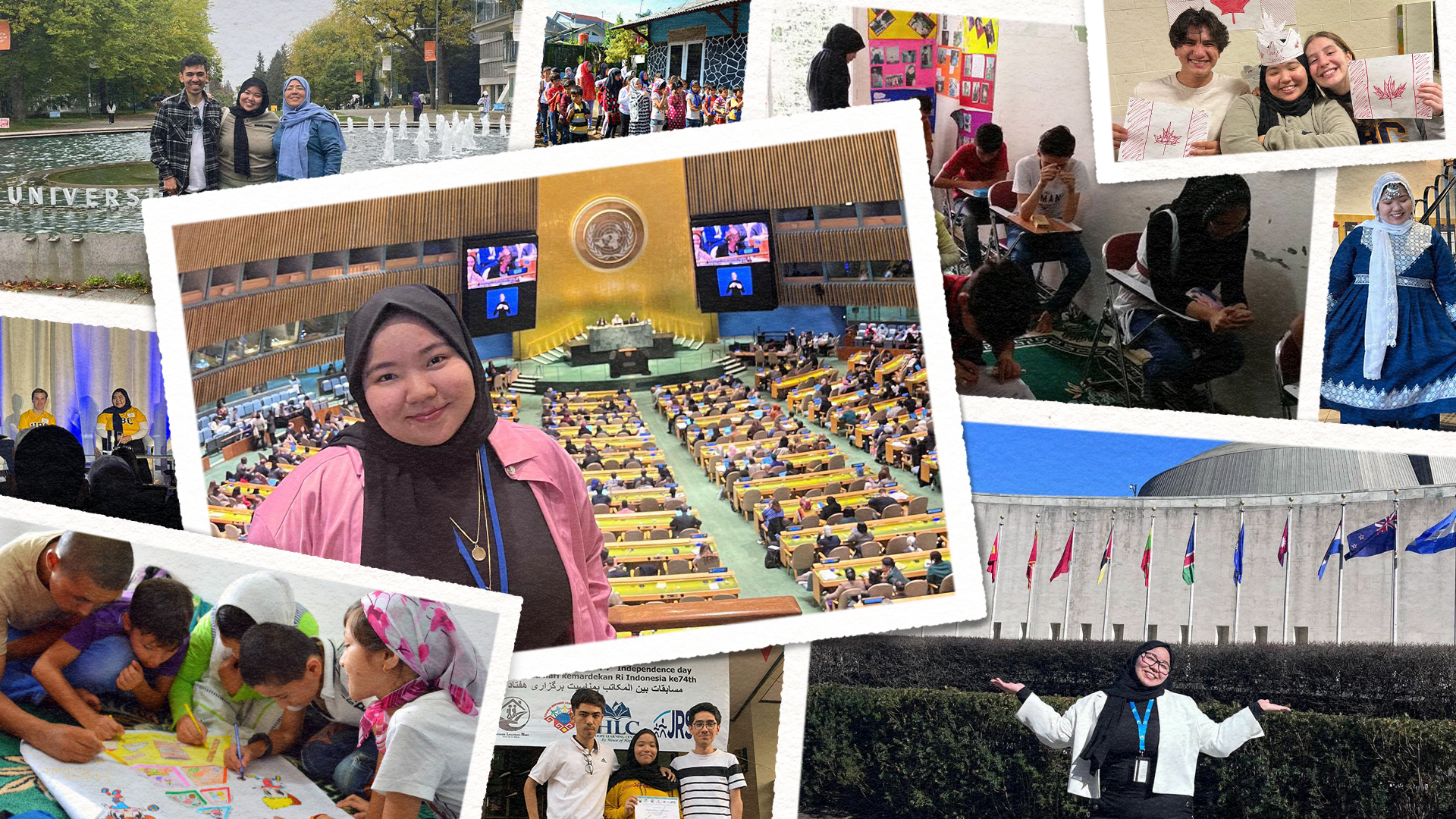

Research on international norms has yet to answer satisfactorily some of our own most important questions about the origins of norms and the conditions under which some norms win out over others. In his new book, Professor Richard Price and Dr. Kathryn Sikkink argue that international relations (IR) theorists should engage more with research in moral psychology and neuroscience to advance theories of norm emergence and resonance.
International Norms, Moral Psychology and Neuroscience presents the argument that international relations (IR) theorists should engage more with research in moral psychology and neuroscience to advance theories of norm emergence and resonance. Their book first provides an overview of six areas of research in neuroscience and moral psychology that hold particular promise for norms theorists and international relations theory more generally. It next surveys existing literature in IR to see how literature from moral psychology is already being put to use, and then recommends a research agenda for norms researchers engaging with this literature. Price and Sikkink do not believe that this exchange should be a one-way street, however, and they discuss various ways in which the IR literature on norms may be of interest and of use to moral psychologists, and of use to advocacy communities.
What inspired you to write this book?


Dr. Richard Price
After working as the UBC President’s Senior Advisor for 3 years, I curiously and a bit frighteningly found myself bereft of ideas of what to do for research going forward – not a situation a professor is used to nor wants to be in! I discovered that some other colleagues I’ve known over the years in administrative positions had experienced a similar thing. So I started reading and discovered psychologists and neuroscientists had an explanation based on a widespread understanding of our dual-processing brain. Namely, to come up with new creative ideas your brain generally is in the relaxed or creative state, while doing an administrative job like I was in your brain constantly in task-oriented mode (answer that email, now!). That led to further reading on how to focus better while doing such work, particularly in an age of social media information overload where it is easy to be overwhelmed with information.
“Understanding better how to focus and create ideas in turn has had the added benefit of greatly informing my teaching strategies which have changed as a result.”
These discoveries in turn led to yet further reading on what information tends to stand out and stick with us and why, which provided new insights for me in understanding the core interest of my scholarly career which is international ethics: why do some moral ideas resonate with some people but not others? Recent findings in moral psychology and neuroscience upended how I had thought about morality, which became the book project and several articles.
What are some important questions about the origins of norms you considered before writing the book? How did these questions change or evolve as you wrote this book?
Much of my previous research had looked at why international actors like states abide by international moral norms, like prohibitions against using chemical weapons or landmines, and how such norms are created in the first place. I was particularly interested if morality helped explain that, rather than other explanations like simple self-interest (mutual deterrence for self-preservation). I was a bit skeptical at first but surprised to find that these developments simply could not be explained without a critical role for the power of ethical concern. In my scholarly field it was common to frame some actors as being moral in a humanitarian sense, that is caring about others regardless of their nationality (which helps explain human rights and weapons norms), while other actors who resist such cosmopolitan care in favor of national interests are often depicted as amoral (so-called ‘realists’) or even immoral. But moral psychology sees people in both groups as moral, the latter are just more parochial in who they include in their moral circle, and as well they tend to cherish values like authority and loyalty more than a humanitarian’s focus on equality and protection against harm. So the new key questions for me became: to what extent are people stuck with the innate moral intuitions psychologists had been discovering? How does that square with processes of persuasion that international relations scholars like myself had found in our research whereby moral positions seem to change through advocacy campaigns? How can messages that resonate with humanitarians be reframed in moral terms that better appeal to others’ moral intuitions rather than just resonating with those already predisposed to be sympathetic? How can parochial moral circles be expanded, and how far can such brain plasticity go?
Did you find any conditions under which some norms win out over others during your academic research?
I did indeed, along with my co-author Kathryn Sikkink, though some of our claims remain as hypotheses that we think merit further research, which was a main point of this book – to help sketch out future research agendas. People tend to be more highly impacted by harm to identifiable victims with certain attributes than large impersonal numbers, which provided a neurological explanation of the findings of some international relations (IR) scholars and practices of humanitarian organizations (think of appeals showing images of baby seals and children for example). This is largely because of the emotional power of such moral emotions, but to get to the transnational level and persist beyond the news cycle, such intuitions go through processes of reasoning (along with hard bargaining and power) that in successful cases leads to institutionalization, which in turn creates a new moral context for subsequent socialization. Another finding: some IR scholars including myself had found that new norms that are framed as being associated with already accepted ideas will tend to provoke less resistance, and neuroscience provides an explanation for that in how our associated neural networks operate. We further argue that moral positions opposing liberal values of the contemporary world order are unlikely candidates for global success to replace those, because they are too anchored in more parochial and exclusivist values. We also hypothesize that norms embodying equality of opportunity are a potential bridge that could get support from liberals and conservatives rather than just speaking mostly to one or the other. Thus we expect that LGBTQ and gender equity campaigns are likely to see increased success over time which is what has happened in the long run.
“Another finding: some IR scholars including myself had found that new norms that are framed as being associated with already accepted ideas will tend to provoke less resistance, and neuroscience provides an explanation for that in how our associated neural networks operate.”
Why is it important to engage more with research in moral psychology and neuroscience?
There are lots of exciting discoveries around how changeable the brain is – brain plasticity – that have important implications from organizing your everyday life, to aging, to teaching and learning, to global advocacy campaigns to change the world. These discoveries have upended how I understand the central topic of my scholarly career – the role of morality in international politics – and those who understand how people actually “do morality” are likely to see more success in what they pursue.
How and why do we need to engage with the literature in IR and moral psychology?
Those other studies tend to measure the immediate reactions of everyday people – actually they tend to be university students! – to issues put in a particular way. But that’s not the same thing as the moral positions experts may develop after years of training, education and practice, let alone engaging with diplomats and activists from all over the world. So IR research has a lot that we think should be of interest to psychologists as well.
What are the other pathways your research in this academic book opens up?
Most intriguing to me is the potential for moral education to expand people’s moral concern and empathy, say for immigrants or peoples in conflict, as has been demonstrated in studies. Connecting the transnational to the neurological is also important for a more comprehensive understanding of the effects of the social media environment on our brains and ultimately our ideas and behaviors; living in such an environment wires the brain in different ways and dealing with that is one of the major challenges but also opportunities of our time.
“Most intriguing to me is the potential for moral education to expand people’s moral concern and empathy, say for immigrants or peoples in conflict, as has been demonstrated in studies”
Where do you hope to see your research go?
Besides the above, I also am interested to follow up on how it is we expect those who serve in militaries to abide by humanitarian norms of the laws of war when their training relentlessly inculcates parochial moral values like loyalty to country and obedience to authority. Some interesting work has been done accounting for how empathy gets reflected and institutionalized in international norms and law, yet one wonders how we can expect those to whom it is most addressed to abide by such practices when their training overwhelmingly goes in the other direction of constricting empathy for those other than their fellow combatants and citizens.


